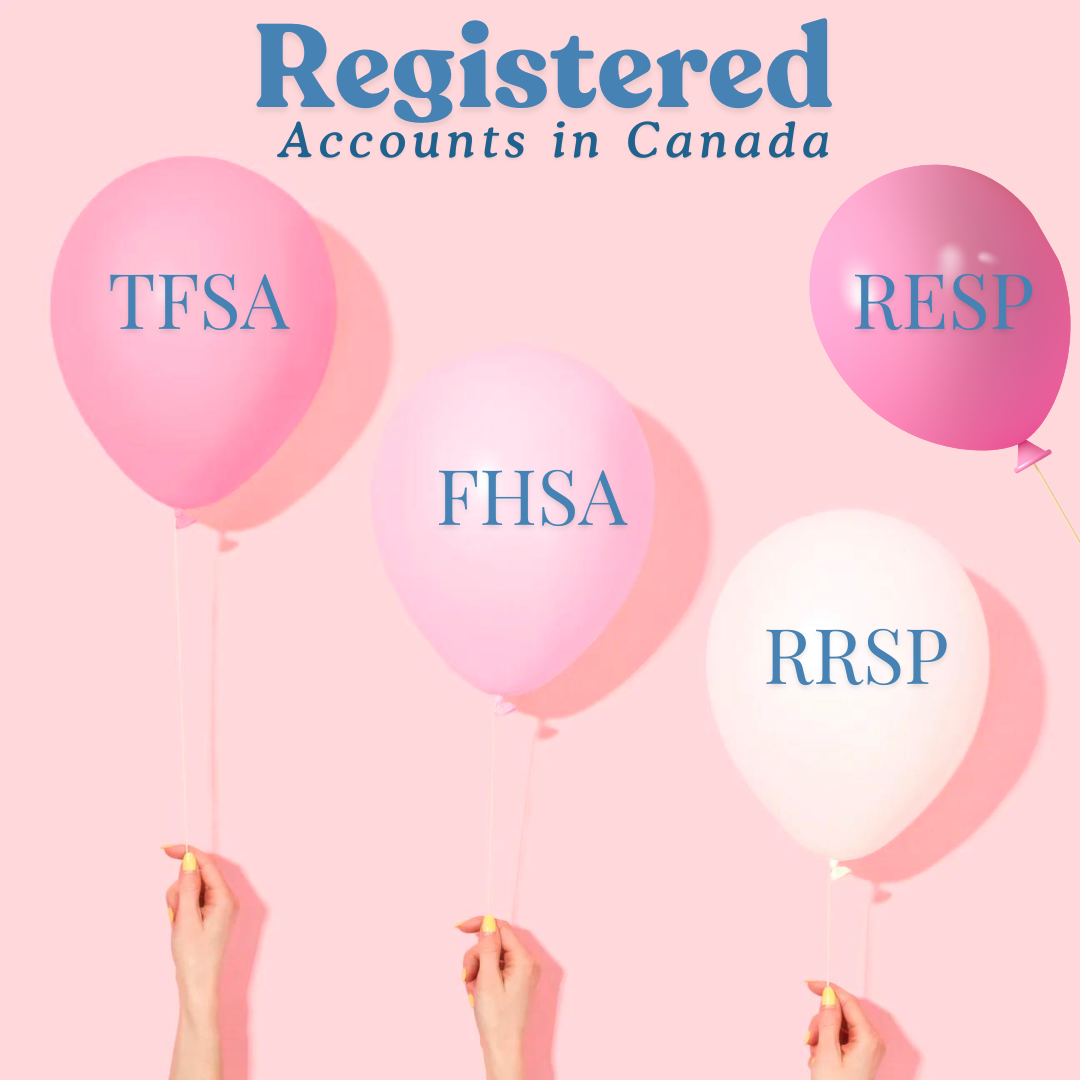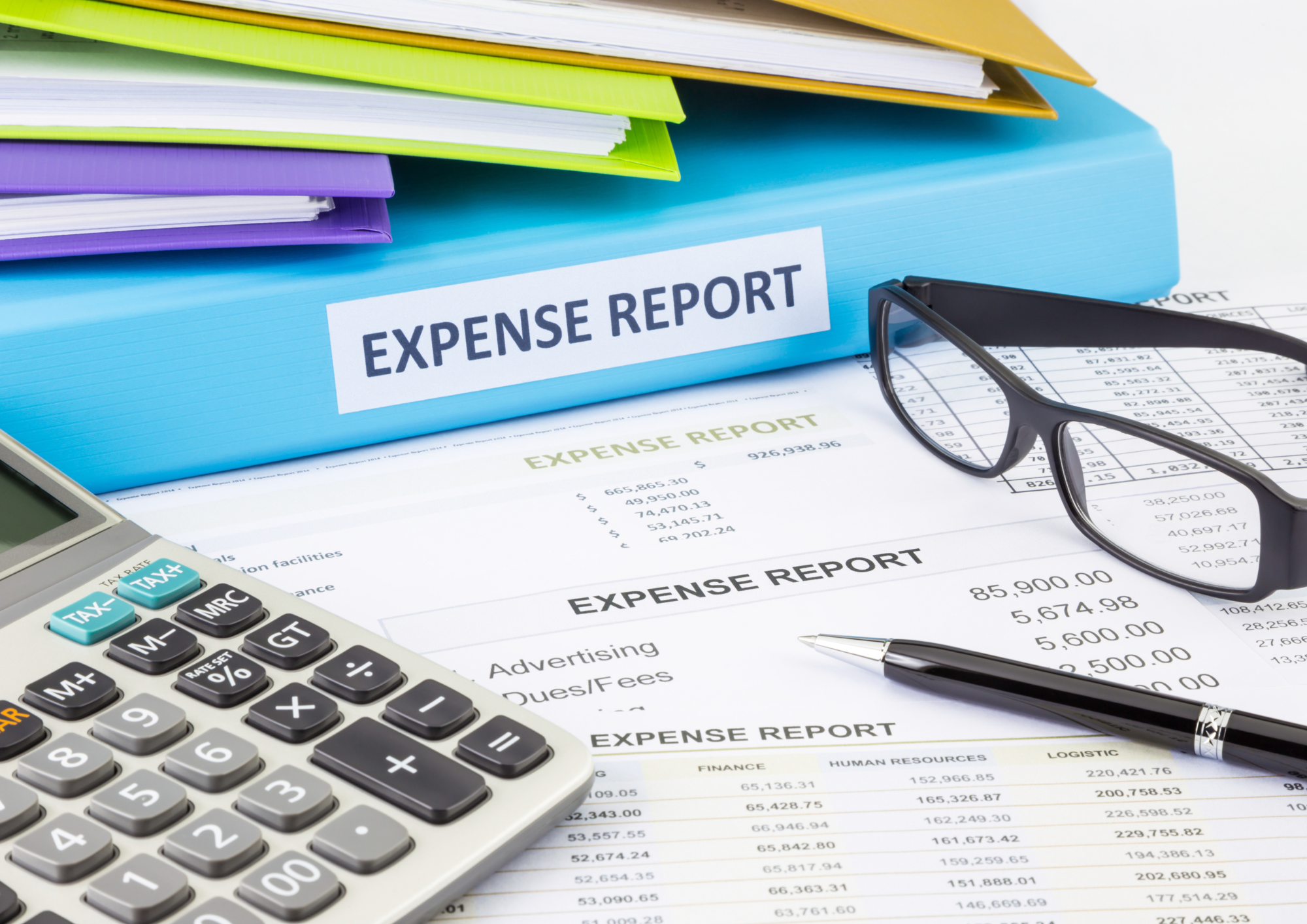Let’s Talk Real Estate (Part 2) – Rentals
Congratulations – you have purchased your first home. It’s your principal residence in Canada and as such it’s generally exempt from tax when you sell. You are now ready to invest in more real estate. Except now you will purchase real estate to rent out, a rental property. Rental properties can be a great investment and a lucrative source of income. Below is a high-level summary of what to expect from a tax perspective in Canada.
Rental Income
The income that you receive from the rental property is taxable. You must report the gross income when you are filing your taxes. Usually if you are running a rental property (as a sole proprietor) you report the rental income on form T776 – Statement of Real Estate Rentals. And you will be subject to tax on any net rental income at your applicable tax rate. If you are running the rental property in partnership with others, the income will be split between you and all the partners (depending on your partner holdings in the property). Each partner will be subject to tax at their applicable rates.
If you own multiple rental properties and the properties are held through a business, the tax rate will depend on what type of business it is and the location– federal rate and provincial.
Rental Expenses
You can claim rental expenses on your property. In fact, it is possible to claim expenses to reduce or balance out the amount of tax that is owed on rental income. You can deduct any reasonable expenses you incur to earn the rental income.
Some common expenses that can be deducted include the following: advertising, insurance, interest and bank charges, office expenses, legal and accounting fees, repairs and maintenance, utilities, property taxes and management fees. You can also deduct travel expenses you incur to collect rents, supervise repairs, and manage your properties. Also, if you hire someone to help run the rental (for example, superintendent or maintenance personnel or others you employ) you can expense the salaries, wages and benefits. You cannot deduct the value of your own services!
CCA Deduction – What It Is
CCA or Capital Cost Allowance is a deduction you can claim over a period of several years for the cost of depreciable property that is, property that wears out or becomes obsolete over time such as a building, furniture, or equipment, that you use in your business or professional activities. Think of CCA as depreciation expense. You can claim CCA on the rental building or other depreciable property to further reduce the net rental income. Did you know you cannot claim CCA to generate a rental loss on your tax return? You can only claim CCA to get net income to nil. Also, you can never claim CCA on land. Only on the building portion of your rental property.
Sale of a Rental Property
A rental property is considered capital property and therefore will be subject to tax on any capital gain (in general this is the sale proceeds less the cost). Did you know that if you previously claimed CCA on a rental property that is being sold, the amount of CCA must be added back (or recaptured) when you sell the property? Therefore, a decision must be made whether to take CCA on a rental property.
What if you Rent Part of Your Principle Residence
If you rent a portion of your own home, you must still report the gross rental income you receive and you can still claim all the expenses applicable. But be sure to claim the expenses related to the rental portion of your home; expenses must relate to the rental unit. Canada Revenue can otherwise flag unreasonable expenses, especially if the rental is the same address as your principal home. Furthermore, your rental income should not be below fair market value. You can deduct your expenses only if you incur them to earn an income. So if you allow grandma to live with you and ask her to give small amounts to help with the upkeep, you do not report this as income and you cannot claim rental expenses. This would be considered a cost sharing arrangement, not a rental arrangement.
Renting Your Home as a Non-Resident
There are special rules to follow if you have rental properties in Canada as a non-resident. There are forms to file with Canada Revenue and possible non-resident Canadian income tax return filing requirements. Contact me directly if you require assistance with these requirements as a non-resident!









